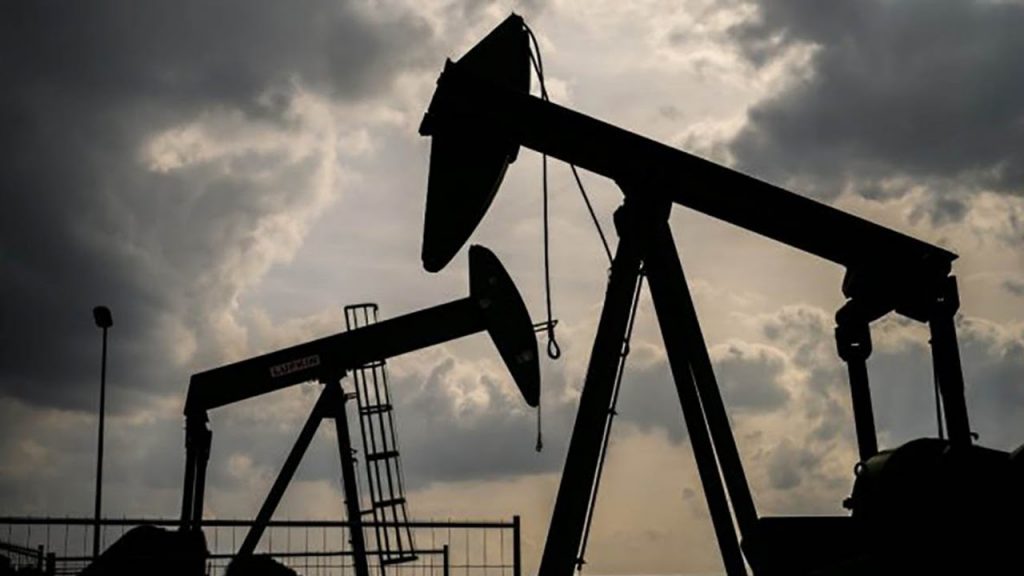
Spanish – The Organization of the Petroleum Exporting Countries and its partners (OPEC+) is in a dilemma about the way forward for 2021 after a year affected by the pandemic and the emergence of a new strain of COVID-19.
The 23 member countries (including the 13 partners) have yet to agree on what to do from February and which will be the level of supply. Possibilities include forbidding the 500,000 barrel per day (mbd) increase planned for February.
OPEC countries’ economies rely mostly on oil production, so there are conflicting opinions about what to do in the second month of the year. Together, they account for 60% of world oil production.
Prohibitions and lockouts can affect oil demand. An excess of oil in the market would lead to a fall in prices. The possible result: chaos in the market.
“One (possibility) is that we should continue with the previous decision and not increase production. And the other suggestion is to increase (production) by 500,000 barrels per day,” declared the Iranian Minister of Petroleum, Biyaan Zanganeh, reported EFE.
OPEC held the first meeting of the year on Monday through videoconference. Although there was the hope of consensus, caution remains crucial within the organization. In the absence of agreement, the decision was postponed for one more day.
Turning on the tap
The organization, together with its allies led by Russia (OPEC+), agreed between May and July 2020 on the largest cut in history, of 9.7 million barrels per day (mbd) -nearly 10% of the world’s supply- and between August and December, it would be 7.7 mbd.
The plan for 2021 was to reduce the cut even further to 5.7 million barrels per day from January this year until April 2022, but the increase in coronavirus infections around the world led producing countries to rethink this decision and consider implementing it gradually.
This cut would be alleviated with a consensual increase of 500,000 mbd from January, so the lack of consensus for February marks a precedent among the 23 member countries due to the high levels of infection, especially in Europe with the emergence of the new strain of the virus.
According to information gathered by EFE, the majority of the 23 delegations -including the 13 OPEC partners, led by Saudi Arabians- advocated maintaining the current level of pumping unchanged.
But Russia and Kazakhstan are asking for the increase of half a million barrels a day that was planned a month ago when the group decided to proceed gradually with the increase of 2 million barrels a day (mbd).
The collapse in oil prices
In April 2020, the history of the oil economy reached a milestone. That month, the West Texas Intermediate (WTI) barrel in the US was quoted at -37.63 USD. So instead of selling it, the supplier paid to take it away.
The unusual situation occurred because of natural market saturation amid the pandemic. This surprising number was marked by over-supply as producers paid for their commodity.
A Portafolio article notes that the situation was further exacerbated by a price war between Saudi Arabia and Russia that broke out in early March.
The cuts implemented since May somehow helped stabilize prices, yet they remain 20% below their pre-pandemic level and far beyond the nearly 80 USD per barrel that oil exporters need to balance their budgets, the portal adds.
Opposing scenarios
OPEC and the International Energy Agency (IEA) agree on the uncertainty caused by COVID-19. Even the IEA stated last April that the virus is the biggest shock for the energy system in 70 years.
“Complete confinements have reduced electricity demand by 20% or more, with less impact from partial confinements. Electricity demand will decline by 5% by 2020, the largest drop since the Great Depression in the 1930s,” the report replied by Anadolu Agency.
It was to be expected then that the oil market would suffer similarly from the lack of daily transportation, restricted flights, and paralyzed industries. It was only a matter of time before supply exceeded demand.
China is antagonistic to the situation in Europe and the US since the Asian country experienced a year-on-year increase of 4.9% in its gross domestic product (GDP) during the third quarter. Libya also increased its oil production, Portafolio adds.
 Versión Español
Versión Español













